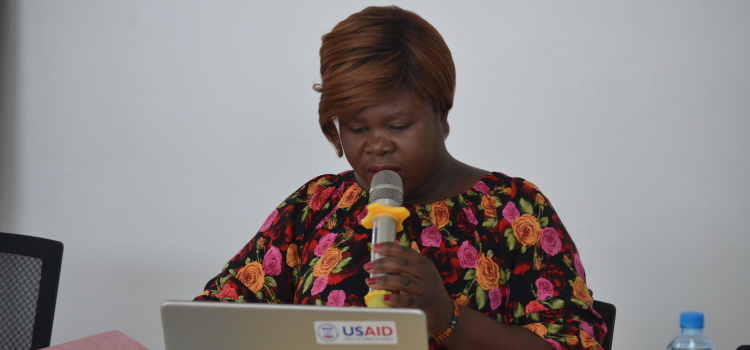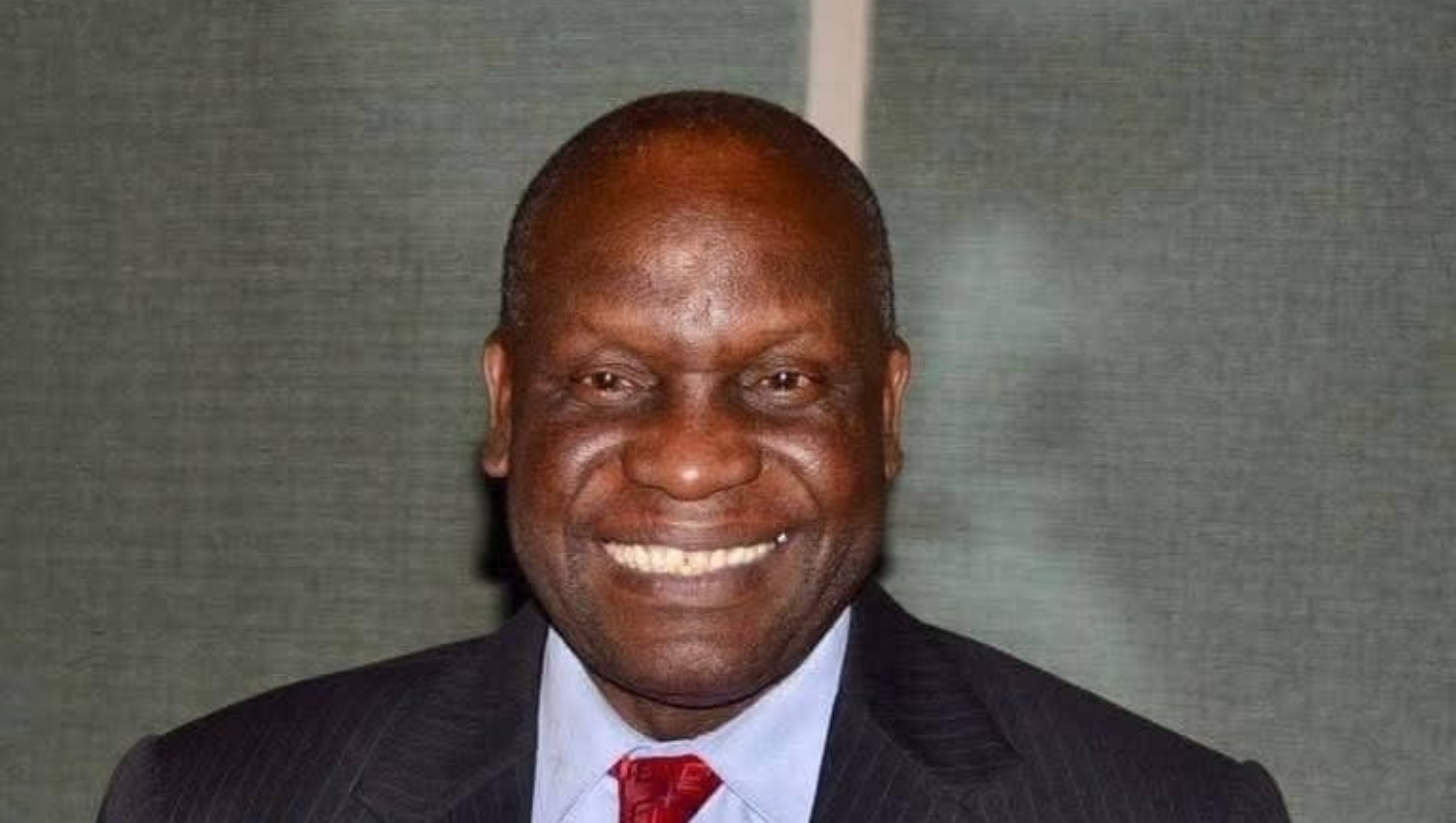MISA Zambia says the delays in the enactment of the Access to Information (ATI) law has excluded Zambia from having a more informed and engaged citizenry.
During the information session on freedom of expression offline/online and ATI held at Asmara Hotel in Lusaka, MISA Zambia Programmes Manager Jane Chirwa said that it is cardinal for all stakeholders to consider making much more effort to demand the right of access to information.
She said that ATI cannot be separated from other equally vital rights such as freedom of expression and participation in governance.
Ms. Chirwa said access to public information is the oxygen which facilitates effective citizen participation in decision making and is a fundamental human right which MISA Zambia is committed to supporting the process of enacting this law as it promotes media freedoms.
Ms. Chirwa reiterated that Access to Information law is not only for journalists but the entire citizenry who benefit from accessing the much needed information from government to enhance transparency and accountability.
She said that the right to freedom of expression, freedom of information and media freedom allows people to actively take part and contribute to social, cultural and political life in their societies as it enables them shape their societies in an informed manner.
Ms. Chirwa added that MISA Zambia shall continue to champion the fight for Access to Information law and further advocate for freedom of the media and expression which are believed are essential for any functioning democracy.
Meanwhile, Jesuit Centre for Theological Reflection (JCTR) Programmes Officer Fr. Grant Tungay said once the law is enacted people should not have to request for the information because the law should compel the public bodies to provide information readily available all the time.
Fr. Grant said the Government needs to provide practical steps that will enable citizens to access the information easily and ensure that a private body is put in place to assist the citizens get their desired information.
He added that the public bodies should also update their information annually to enable citizens be updated with the information of what is happening and the law should also provide for citizens to request for the information which has not been disclosed adding that if the body does not have the information desired, then, the people should be directed to the right place where the desired information will be obtained.
Fr Grant alluded that in a case were the information has been denied, the people should have the right to appeal to a higher body that will compel the public institutions to release the information and the law should also provide for the right to access information in the language one who is requesting understand.
The information session on freedom of expression offline/online and ATI was conducted with support from UNESCO.









